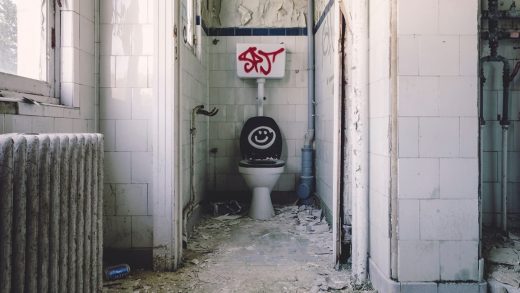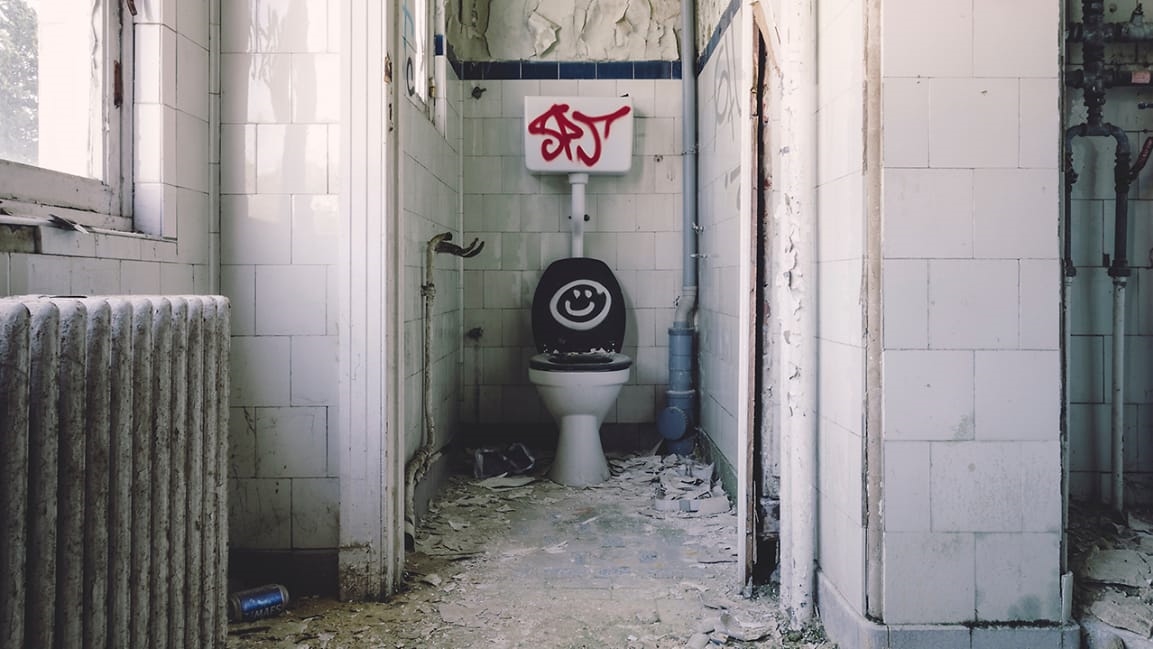Soon you may be able to live in a house made out of pee
In the story of the three little pigs, the pigs beta-test building homes out of straw and wood, before stumbling on the wolf-proof material, brick. It might be time to upgrade the fairytale, though. Students at the University of Cape Town have created a bio-brick out of sand, bacteria, and urine and we’re guessing no wolf would come anywhere near that thing.
The bio-bricks are created through a process combining urine, loose sand, and bacteria that produces urease, an enzyme that through a complex chemical reaction breaks down the urea in urine while producing calcium carbonate. Apparently it’s a process that is “not unlike the way seashells are formed.” The end result is a solid substance formed into a rectangular building brick.
The project was lead by civil engineering master’s student Suzanne Lambert along with Vukheta Mukhari and their supervisor Dr Dyllon Randall, who have spent the last few months perfecting the process and testing out the tensile strength of various bio-brick shapes. The result is an innovative building material that transforms waste into something incredibly useful. Not only are bio-bricks a clever use of waste, but they don’t require the high-temperature kiln firing of regular bricks, which require a great deal of energy and release large quantities of carbon dioxide into the air.
If you are wondering how they made the not exactly obvious leap that pee would make a great building material, according to Randall urine is “liquid gold” filled with vast amounts of nitrogen, phosphorus, potassium, and urea. A U.S. architect and researcher developed a process that turns urea into bio-bricks using synthetic products, but it’s Lambert who saw the potential in using the real thing.
If you are also wondering how they got their hands on enough urine for the project, it was thanks to the male students at the University of Cape Town who used special urinals, which not only contributed to making bio-bricks, but also helped make a solid fertilizer capturing the potassium in the pee.
(10)



